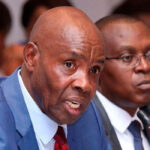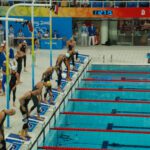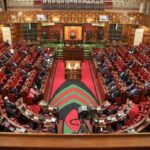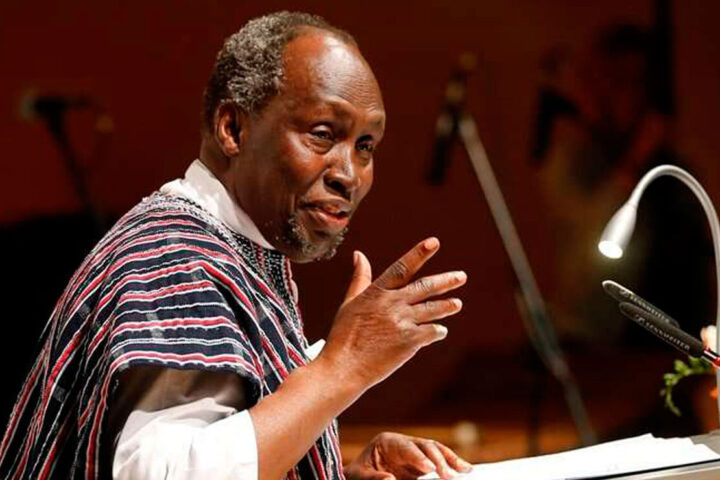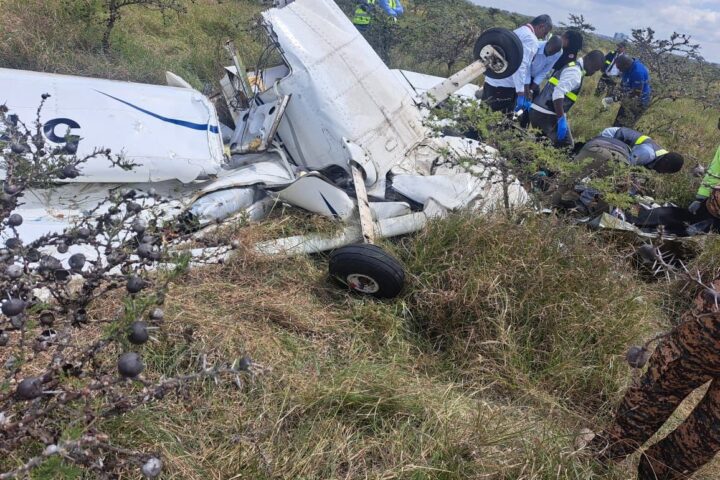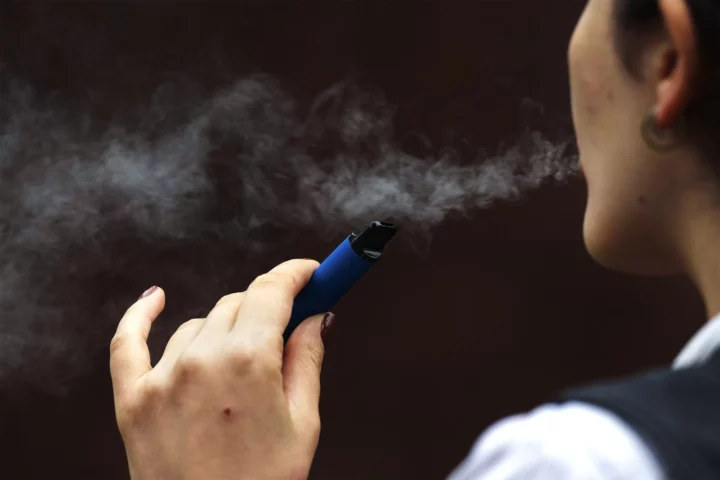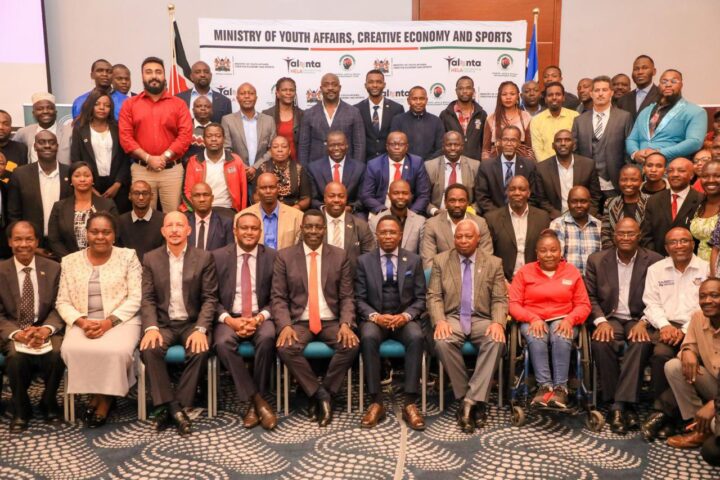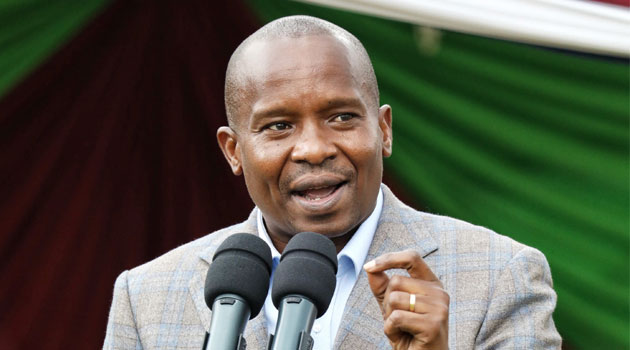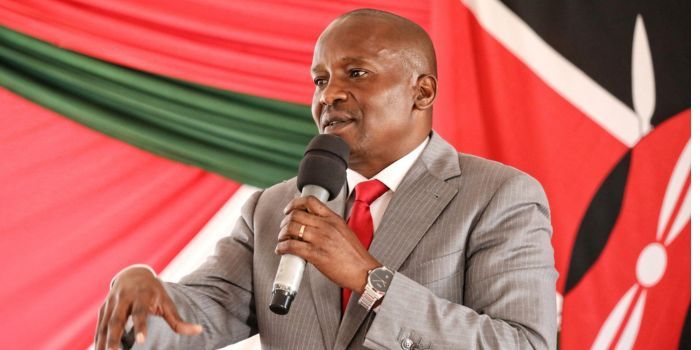The military has turned to importing more liquor after local supply of duty-free drinks to the Kenya Defence Forces’ shops and canteens were cut by 40% due to abuse of the programme.
A new report by the National Treasury shows taxes foregone due to the supply of duty-free alcoholic and non-alcoholic beverages to the Defence Forces Canteen Organisation (Defco) in 2022 reduced sharply after local brewers significantly cut the volume of liquor they sold to the military’s shops and restaurants.
This saw Defco — the official trading organisation for the Kenya Defence Force (KDF) and the National Police Service (NPS) — increase it’s shipment of alcoholic drinks from overseas to stock it’s outlets.
The 2023 Tax Expenditure Report shows the supply of alcoholic beverages from the major brewers reduced by 40.1% after an agreement was reached to cap the amount of duty-free alcohol supplied to Defco, an individual with knowledge of it’s activities said.
The reduction resulted in a sharp drop in the amount of taxes foregone or tax expenditure in the period between 2020 and 2022.
Tax exemption on alcoholic and non-alcoholic beverages supplied to Defco was introduced by the administration of retired President Uhuru Kenyatta in 2018, adding to the existing benefit where only goods supplied for official use by KDF were tax-exempt.
This saw tax expenditure rise 5 times to a peak of KSh2.9 billion in 2020, a Covid-19 pandemic year, before falling sharply to KSh737.9 million in 2022.
Tax expenditure from foregone excise duty on alcoholic and non-alcoholic beverages supplied to Defco was KSh1.4 billion in 2021.
“This could be as a result of the decline in supply for alcoholic beverages from the major companies (Kenya Breweries Limited and Keroche Breweries Limited) which reduced from 8.72 million litres in 2021 to 5.22 million litres in 2022,” reads the report.
“In addition, the importation of alcoholic beverages increased by eight percent which could have reduced the local supply,” added the report.
Some of the cheap alcohol supplied to Defco filtered into the market, triggering complaints from pubs who had difficulty competing with the subsidised products that had been smuggled from Defco.
The Business Daily learnt that the complaints led to limiting the supply when affected businesses cited unfair competition.
However, the National Treasury insisted that there are no regulations that limit the supply of alcohol to Defco.
“Defco still enjoys exemption of alcohol from excise duty,” the Treasury officials said. However, a military source said they no longer enjoy most of these benefits.
Before 2018, the exemption applied to all goods supplied for official use by the KDF and the National Police Service but excluded Defco, an integral arm of the KDF.
However, when these products started leaking into the market, Defco convened a meeting of stakeholders in February last year.
Led by Defco’s managing director Brigadier Albert Nderih, the meeting sought to address the unprecedented proliferation of Defco products in the public market, especially alcohol, products that are a preserve of the disciplined forces in respective canteens and messes, according to an article on Defco’s website.
“The subsidised Defco products that we get to enjoy is a privilege extended to us by the government, when abused it can be withdrawn. Therefore, it lies with us to take up the responsibility and commit ourselves to protect this privilege,” he said.
Participants in the stakeholder meetings were from the National Police Service, the General Service Unit (GSU), the Anti Stock Theft Unit (ASTU), the Kenya Revenue Authority (KRA), the East African Breweries Limited (EABL) and Biashara Merchants Ltd.
A tax expert, who did not want his identity to be disclosed, said that EABL and other local companies might have been forced to indemnify the products that are diverted from Defco to the general market, hence their reduction of supplies.
Besides cafeterias, Defco also has main shops, convenience stores, fueling stations, a restaurant and furnished apartments.
President Uhuru Kenyatta, who relied on the military for a number of undertakings, gave the KDF a lot of sweeteners in his ten year term that ended last year.
In 2020, for example, equipment, machinery and motor vehicles bought for use by KDF and NPS were exempted from the Import Declaration Fund.
Additionally, goods KDF imported during this period were exempted from the Railway Development Levy.
Initially known as the Armed Forces Canteen Organisation, Defco’s subsidy was started to cushion Kenyan soldiers from the high cost of living.
The KDF is one of the major recipients of government funding with it’s parent ministry, the Ministry of Defence, having been allocated KSh153.3 billion in the latest supplementary budget for Financial Year 2023/24 recently tabled in the National Assembly.
In June, the defence ministry was allocated KSh140.7 billion. The additional KSh8.4 was mostly for wages and salaries, said the National Treasury.
Defco was established in 1973 and it’s facilities are spread in Nairobi, Gilgil, Nakuru, Eldoret, Mombasa, Lamu, Nanyuki, Isiolo, Garissa and Wajir.






